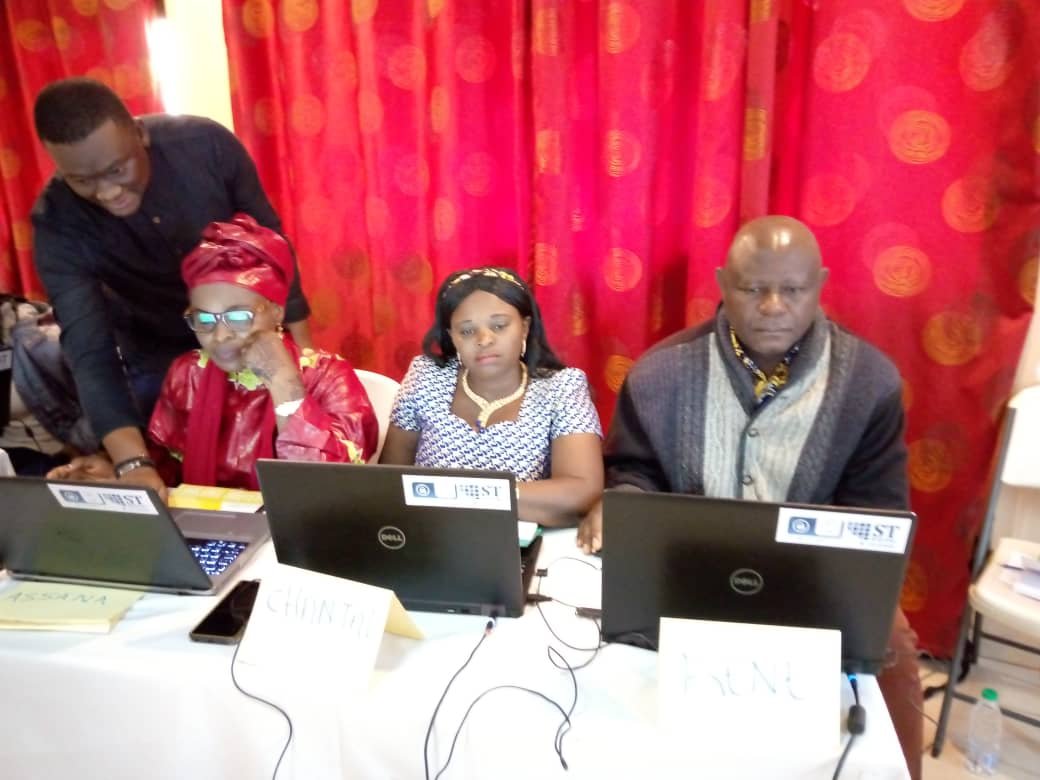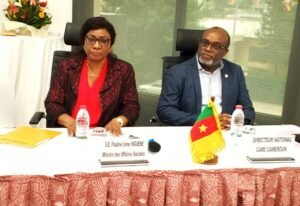In line with the series of training sessions on the digitalization of the civil status registry in Cameroon, the PAMEC II programme has launched in Bafoussam, West region a three-day workshop for registrars and clerks of five targeted councils.
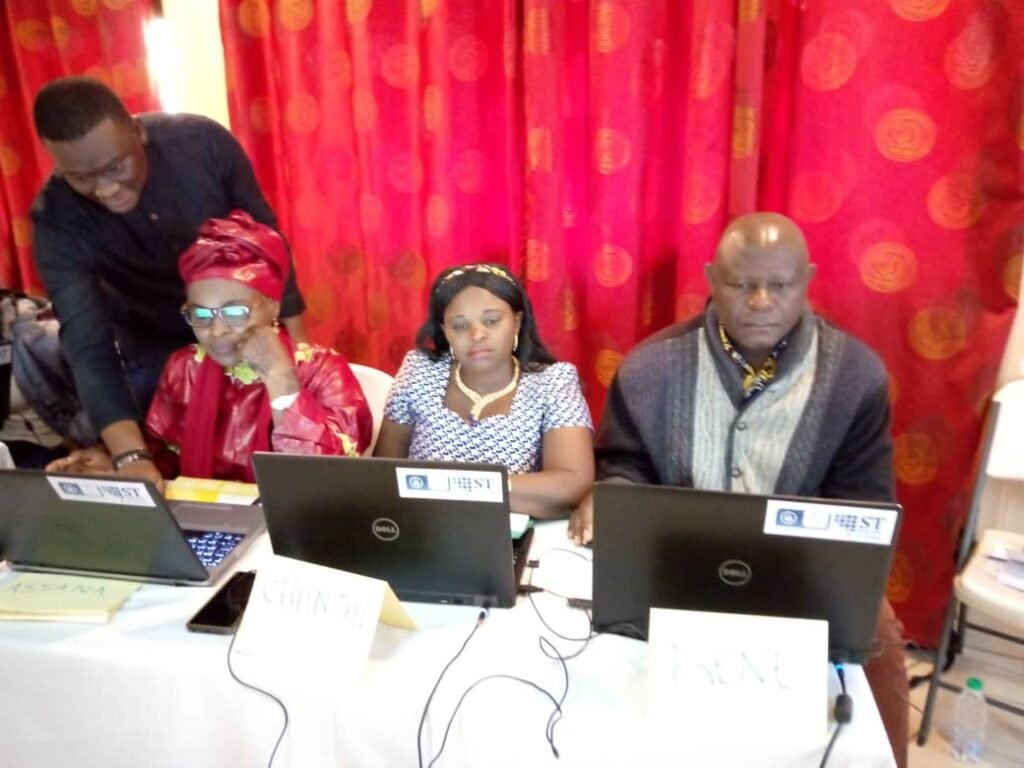
Participants convened at this three-day workshop that takes place from the 25 to 27 April 2023 in Bafoussam, West region of the country are from the Foumban, Dschang, Bangou, Bafoussam II and Mbouda councils.
These five councils targeted within the framework of the pilot phase of the Support Program for the Modernization of Cameroon’s Civil Status Registry known by its French acronym as PAMEC II have been identified as those with a crucial need to upgrade their registration process.

One of the trainees at this workshop, Emmanuel Sejine said the teaching has been fruitful and will help them in fulfilling their daily activities.
Emmanuel Sejine, municipal officer from Mbouda said: “This training will not only help us to upgrade our knowledge but it will boost our activities in terms of registration of birth certificates, marriages, etc. Thanks to this workshop we are getting new tools as this will change several issues in terms of time and financial constraints. Concretely, these IT skills will reduce the cost of registers, save time for the staff of councils and the population…”

On her part, Diane Lambo Yenika, registrar officiating at the Dschang council confessed she knew little of information and communication technologies before this workshop.
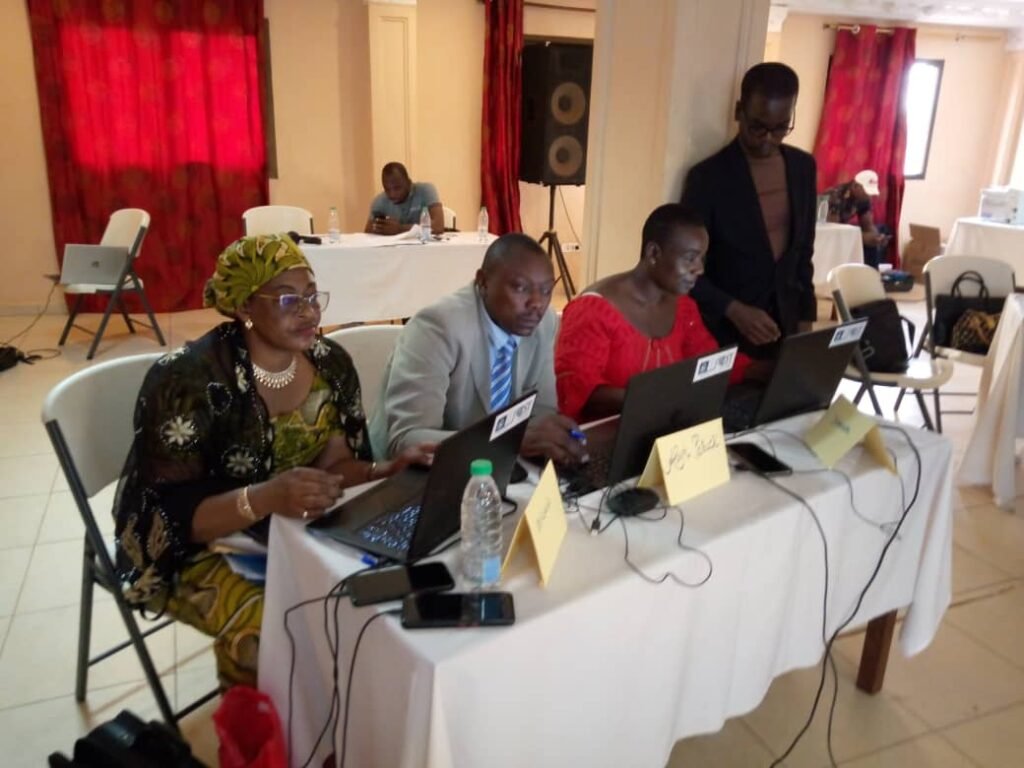
Thanks to the PAMEC II programme co-funded by the German cooperation, GIZ and the Korean International Cooperation Agency, KOICA, these other sets of trainees will upgrade their knowledge with basic information and technology skills.
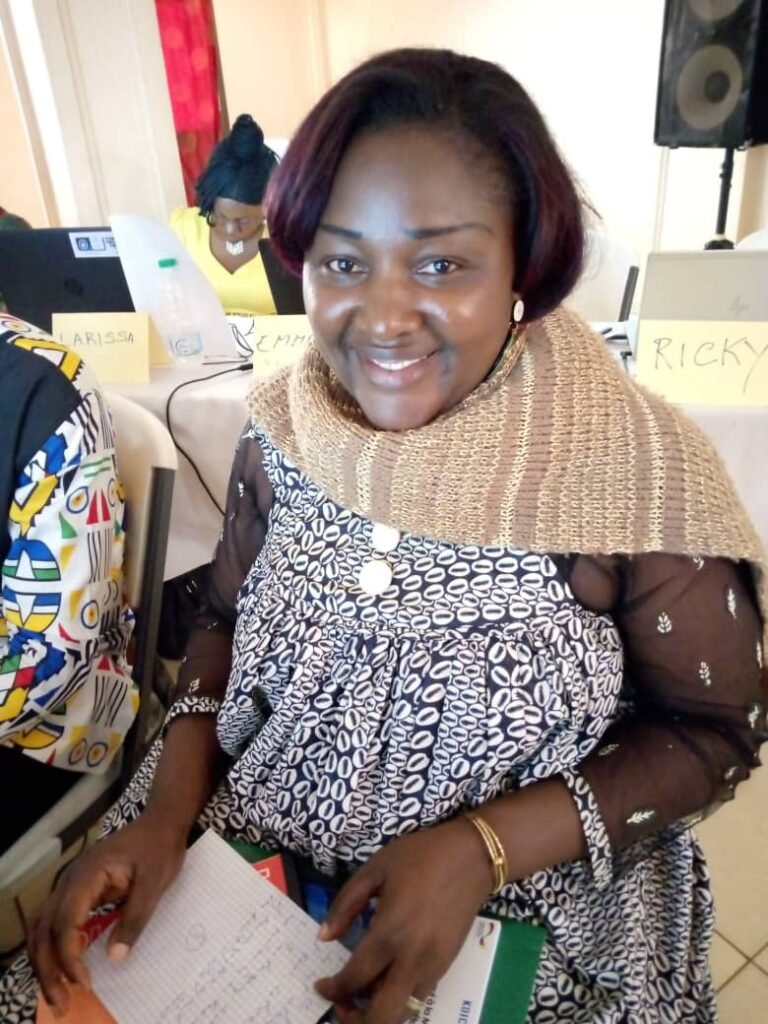
“I think the digitalization of the civil status registry is very important simply because it serves archives; it helps us to easily register our population; to fight against fake certificates and with the help of computers we have an advantage of automatic corrections made.” She indicated after the training session.
Moreover, Diane thinks such training sessions should be extended to all councils’ staff.
According to Essama Dieudonne, one of the trainers of this second cohort of registrars and clerks of the 20 councils selected for this pilot phase, the methodology used to school the various participants is based on 30% of theory and 70% of practices.
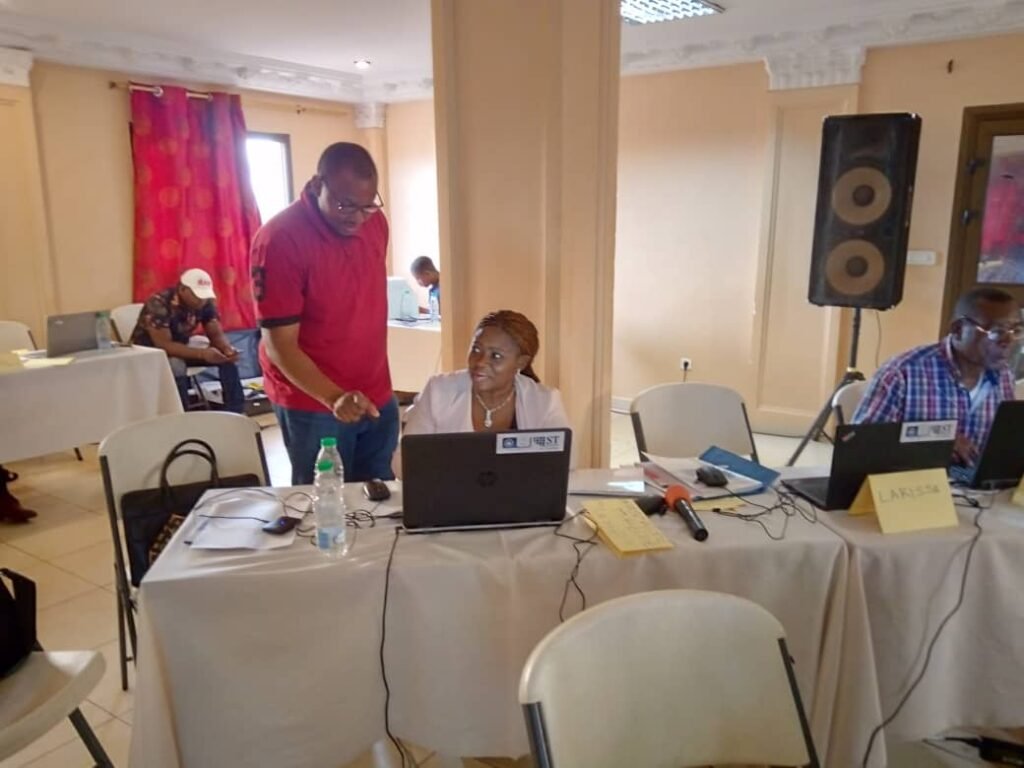
He said: “We opted for an andragogical methodology that focuses on 70 % of practice and 30% of theory because we understood from previous workshops that participants assimilate easily when they practice themselves activities. Furthermore, there is a simplified guide with six modules that helps us as trainers to facilitate the training.”

These training sessions mainly focus on: the genesis of digital technologies; the field of application; the benefits of using digital technologies; the architecture and functioning of a microcomputer; input devices; the output peripherals; storage devices; operating systems and application software; how to start and stop a computer.
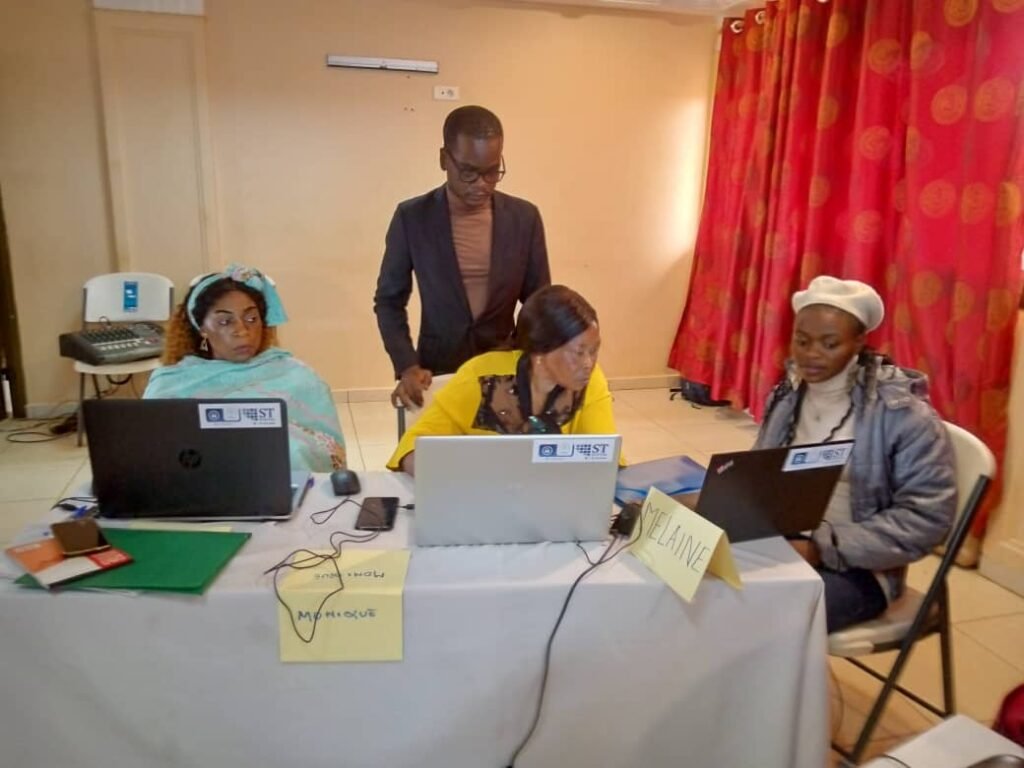
The Support Program for the Modernization of Cameroon’s Civil Status Registry, PAMEC II has been initiated to fill the gaps observed in several councils where few staff are computer literate.
It was observed that registrations for birth, death, and marriage certificates were fully manual. Therefore, the fulfillment of this gap in basic IT skills sounded like a critical issue to be addressed through this pilot project which is placed under the banner of the Ministry of Decentralization and Local Development and the National Civil Status Registration Office, BUNEC.
Elise Kenimbeni


